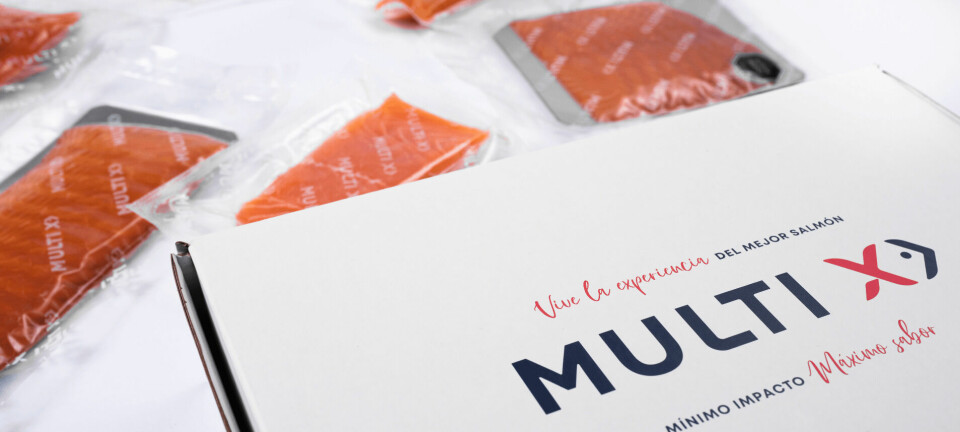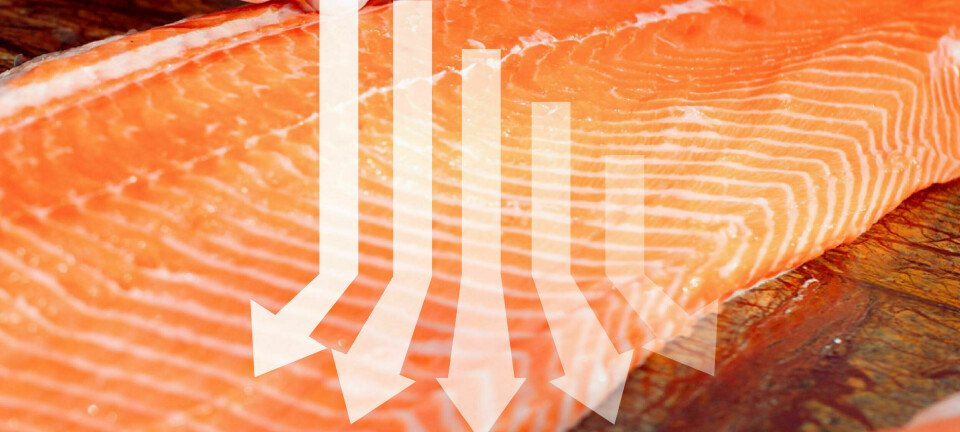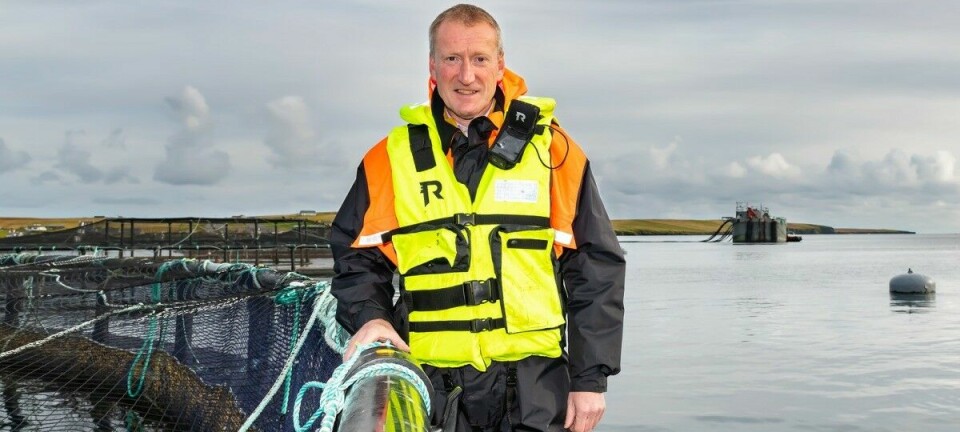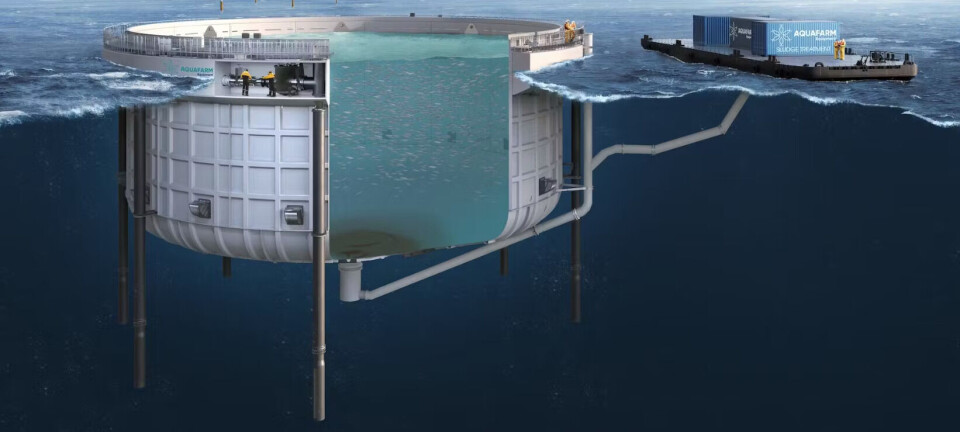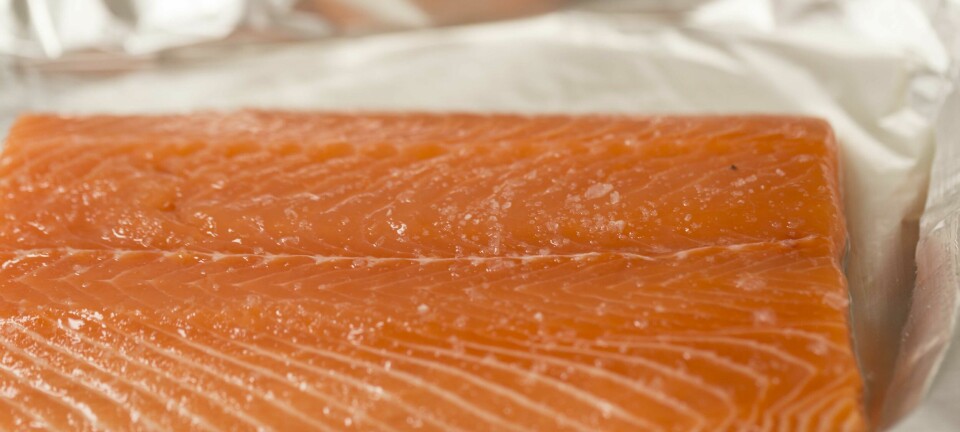
Fish interests to work together
When the British Columbia Aquaculture Research and Development Committee (BCARDC) decided that environmental issues associated with salmon farming in the province had received enough funding and attention, the bulk of its remaining resources were recently committed to the establishment of an Aquatic Foods Initiative (AFI) to be housed at the Vancouver Island University (VIU) in Nanaimo. The purpose of the AFI is to increase the economic, cultural and social values of B.C.’s aquatic food resources through the building of bridges between all interested and affected parties, such as the commercial- and sport fishing sector, aquaculturists, aboriginal fish harvesters, enhancement organizations as well as the aquatic food innovation and research community.
An inaugural presentation of the Aquatic Foods Initiative at VIU was held today, featuring a presentation by former Vancouver City Councillor and author Mr. Peter Ladner, an advocate of the production and consumption of food produced locally. His new book, The Urban Food Revolution: Changing the Way we Feed Cities has a strong focus on sustainability.
A release issued by the University- which now supports almost 9,000 students- provided some additional background;
VIU’s new Aquatic Foods Initiative has been created to provide a leadership role in fostering research, dialogue and innovation on seafood issues in BC. Michele Patterson, Program Lead of the Aquatic Foods Initiative outlined details of this unique initiative that is supported by a unique partnership of forward thinking BC seafood proponents and researchers, called the BC Aquatic Food and Resources Society.
VIU President Ralph Nilson and Grant Murray of VIU’s Institute for Coastal Research also spoke about the Aquatic Foods Initiative.
In his presentation, Mr. Ladner pointed out that it takes some 1,800 gallons of water to produce a pound of beef, and that the demand for food will increase by about 70% by 2050, and that organic food is the fastest growing sector in grocery stores. He also suggested that research conducted for his new book indicated that many sources of conventionally caught seafood are expected to collapse by 2050.









